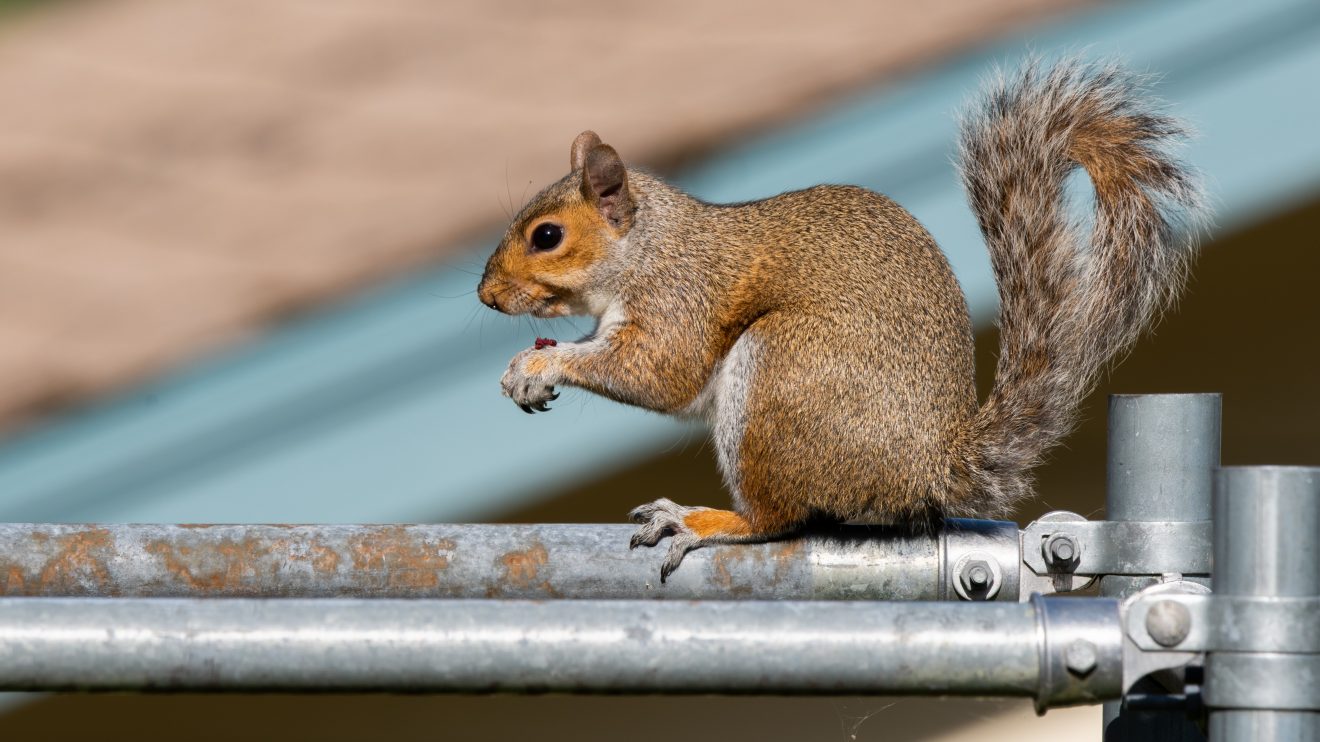Christine, one of our social media experts, discovered that another website was copying our articles. In other words, someone was trying to “steal our stuff”. She had been searching for the Twitter handle of the person featured in the article and there was an almost exact duplicate of our article. On another site.
And I say “almost exact” because this other website removed the writer’s byline and all the links embedded in the article. At the bottom of the article was a link back to the original “source” article. But who needs to go there? The entire article is right in front of you.
Once we looked closely at the offending website, we discovered more and more of our articles. They even had a section called “Lioness”. That’s bold. And totally not cool.
Search Engine Optimization
The internet is a competitive place. The difference between business success and failure can be as simple as the result of a Google search. Make it into one of the top three results for your topic and you could be looking at capturing up to 85 percent of the website traffic. (The vast majority of people will click on one of the first three results.) If people come to your website, they could eventually become customers.
Becoming one of the top search results is part art, part science. It’s a profession called Search Engine Optimization (or SEO). It’s understanding the algorithms that search engines use to deliver the best results when you look for answers. Dozens of factors go into these algorithms. Here are just a few of those factors:
- Best match to the search
- The density of keywords
- The length of the content
- Links from other websites
- Readability of the content
- And many, many more
When we have questions, we turn to the world wide web… or the “worldwide big book of answers”, as I like to think of it. Everything you ever wanted to know, and more, is there for the asking. We find those answers in articles, videos, pictures and podcasts. Marketing professionals call these things “content”. Content creation is hard work and good quality content is valuable.
Linking is legit.
On the internet, people cite other people’s content by linking to it – this is not someone trying to steal your stuff. These links deliver welcome, and hopefully, appropriate website traffic. If I mention a product, a book or a company inside an article, we provide a link to make it easy for other people to find it (and maybe buy it).
There is something called Creative Commons where creators share their content for the credit. (A lot of our images are from places like Unsplash where people upload images for people to use for free for the links and the credit.)
Sometimes, people will spend time researching and writing good quality articles just to get that all important link back to their website, and the traffic that comes with it.
But in every industry, there are the unscrupulous players, those who try to short cut the system. In our case, it was a marketing firm that created a website by stealing our content (instead of creating their own) and putting it up as their own. This website could then masquerade as a legitimate, quality content-laden website and provide links back to client websites, which, in turn, increases their ranking and business success.
What should you do to prevent this?
The first step to protecting yourself and your content is to set up systems and processes to alert you to the theft. I always recommend Googling yourself on a regular basis just to see what is being said about you, but that doesn’t go far enough.
Set up Google Alerts with your name and your company name. Regularly search your name, your company name and the titles of your articles and content on multiple platforms, including the major social networks. (We discovered our thief because they tweeted out a link to one of the articles they copied.)
Once you have discovered a theft, document it. Take screen captures. Forget to do this? You may be able to still see the offending content on The Internet Archive (AKA the Wayback Machine).
Next steps when people steal your stuff
Contact the site owner and ask (tell) them to take it down. Sometimes it is obvious who the site owner is, sometimes not. Can’t readily tell? Check out the domain at who.is. This MAY provide the name of the owner. Many domain registrars offer the ability to pay extra for privacy. It will provide the name of the hosting company. This is important. Why? Because with this information, you can file a DMCA takedown with the host company if needed. DMCA is the Digital Millennium Copyright Act. (Read more on Wikipedia.) The law requires that the service provider “swiftly” respond.
In our case, we reached out to the marketing agency that owned the site, both through the convenient popup webchat on their site, and directly to the owner of the site on Twitter. We pointed out that while we certainly appreciate fans, they don’t have free license to steal our stuff. It doesn’t hurt that I have thousands of followers on Twitter who were ready to jump into the fray. (No pressure, dude, but lots of people are watching you.)
The content was taken down immediately.
Was the lesson learned on the other end? Sadly, I doubt it. There was a lot of content on that site, undoubtedly from other places. So be vigilant out there or people will steal your stuff too. Want to learn more on how to protect yourself and your business? Here’s a Lioness feature on protecting your intellectual property.






Unbelievable! Glad you were able to resolve it, Bobbie and team!